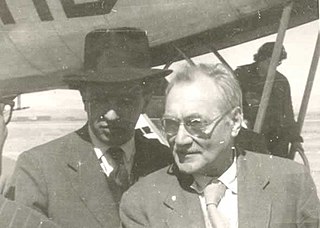A Quote by Allen W. Wood
Related Quotes
There's a sense in which Marx does contribute to the fund of human knowledge, and we can no more dismiss him than we can [George] Hegel or [Jean-Jacques] Rousseau or [Baruch] Spinoza or [Charles] Darwin; you don't have to be a Darwinian to appreciate Darwin's views, and I don't have to be a Marxist to appreciate what is valid in a number of [Karl] Marx's writings-and Marx would call that a form of simple commodity production rather than capitalism.
The two most far-reaching critical theories at the beginning of the latest phase of industrial society were those of Marx and Freud. Marx showed the moving powers and the conflicts in the social-historical process. Freud aimed at the critical uncovering of the inner conflicts. Both worked for the liberation of man, even though Marx's concept was more comprehensive and less time-bound than Freud's.
The auspices for philosophy are bad if, when proceeding ostensibly on the investigation of truth, we start saying farewell to all uprightness, honesty and sincerity, and are intent only on passing ourselves off for what we are not. We then assume, like those three sophists [Fichte, Schelling and Hegel], first a false pathos, then an affected and lofty earnestness, then an air of infinite superiority, in order to impose where we despair of ever being able to convince.
Since substance is infinite, the universe as a whole, i.e., god, Hegel is telling us that philosophy is knowledge of the infinite, of the universe as a whole, i.e, god. You cannot get more metaphysical than that. I think that Hegel scholars have to admit this basic fact rather than burying their heads in the sand and trying to pretend that Hegel is concerned with conceptual analysis, category theory, normativity or some such contemporary fad.





























